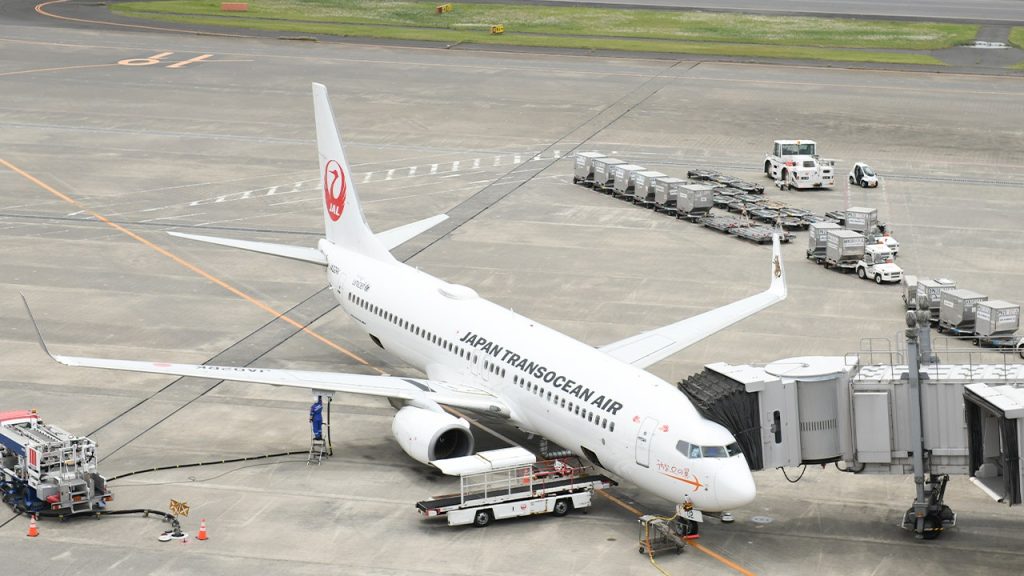Japan Airlines faced a major incident last week when a flight from Dallas to Tokyo was canceled due to a pilot’s excessive drinking the night before. The 49-year-old pilot was allegedly drinking with crew members in a hotel lounge and room, leading to complaints from guests and police intervention. Although the pilot did not violate the airline’s guidelines against drinking within 12 hours of liftoff, the flight was canceled for the need to assess the captain’s physical and mental well-being. Japan Airlines clarified that the flight was not canceled because the pilot was intoxicated at the time of the flight.
The airline’s inability to find a replacement pilot in time for the flight’s scheduled departure led to the cancelation of flight JL11. Passengers were transferred to an American Airlines flight, but it is unclear whether they experienced any delays as a result. Japan Airlines issued a statement expressing their sincere apologies to the customers affected by the flight cancelation. The airline vowed to implement measures to prevent a recurrence of such incidents and to work towards restoring trust in their airline in order to prevent similar incidents from happening again.
The incident highlights the importance of strict adherence to alcohol consumption policies among airline crew members. While the pilot did not violate the specific guidelines against drinking within 12 hours of takeoff, the situation raised concerns about the captain’s overall well-being and ability to operate the aircraft safely. Japan Airlines’ decision to cancel the flight was made in the interest of passenger safety and to ensure that the captain was fit to perform his duties.
The response from Japan Airlines reflects the seriousness with which the airline is taking the incident and its commitment to addressing the issue. By acknowledging the mistake and taking steps to prevent similar incidents in the future, the airline is demonstrating a commitment to safety and customer satisfaction. The transfer of passengers to an alternative flight also indicates the airline’s efforts to minimize any inconvenience caused by the flight cancelation.
This incident serves as a reminder of the importance of responsible behavior among airline crew members and the potential consequences of alcohol consumption prior to flight duty. It also underscores the critical role that airline safety protocols play in ensuring the well-being of passengers and crew. Japan Airlines’ swift response and commitment to prevention and improvement are essential steps in maintaining a high level of safety and service in the aviation industry.
In conclusion, the grounding of flight JL11 due to a pilot’s excessive drinking highlights the need for strict adherence to safety regulations and policies within the airline industry. Japan Airlines’ actions following the incident demonstrate a commitment to addressing the issue, preventing similar incidents, and ensuring the safety and well-being of passengers. This incident serves as a valuable lesson for airlines and crew members on the importance of responsible behavior and adherence to safety protocols in order to maintain a high standard of safety and customer service.


